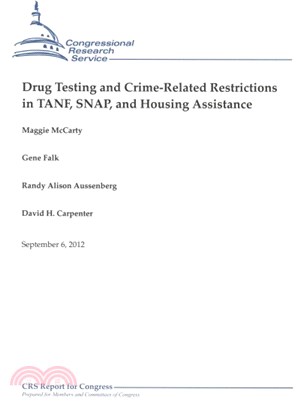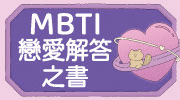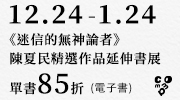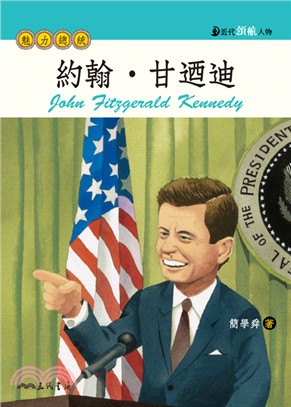Drug Testing and Crime-Related Restrictions in TANF, SNAP, and Housing Assistance
商品資訊
ISBN13:9781480151635
出版社:Createspace Independent Pub
作者:Maggie Mccarty; Gene Falk; Randy Alison Aussenberg; David H. Carpenter
出版日:2012/10/20
裝訂/頁數:平裝/38頁
規格:27.9cm*21.6cm*0.2cm (高/寬/厚)
商品簡介
相關商品
商品簡介
Throughout the history of social assistance programs, administrators have attempted to limit access only to those families considered “worthy” of assistance. Policies about worthiness have included both judgments about need—generally tied to income, demographic characteristics, or family circumstances—and judgments about moral character, often as evidenced by behavior. Past policies evaluating moral character based on family structure have been replaced by today’s policies, which focus on criminal activity, particularly drug-related criminal activity. The existing crime and drug-related restrictions were established in the late 1980s through the mid-1990s, when crime rates, especially drug-related violent crime rates, were at peak levels. While crime rates have since declined, interest in expanding these policies has continued. The three programs examined in this report—the Temporary Assistance for Needy Families (TANF) block grant, the Supplemental Nutrition Assistance Program (SNAP, formerly Food Stamps), and federal housing assistance programs (public housing and Section 8 tenant and project-based assistance)—are similar, in that they are administered at the state or local level. They are different in the forms of assistance they provide. TANF provides cash assistance and other supports to low-income parents and their children, with a specific focus on promoting work. SNAP provides food assistance to a broader set of poor households including families with children, elderly households, and persons with disabilities. The housing assistance programs offer subsidized rental housing to all types of poor families, like SNAP. All three programs feature some form of drug- and other crime-related restrictions and all three leave discretion in applying those restrictions to state and local administrators. Both TANF and SNAP are subject to the statutory “drug felon ban,” which bars states from providing assistance to persons convicted of a drug-related felony, but also gives states the ability to opt-out of or modify the ban, which most states have done. Housing assistance programs are not subject to the drug felon ban, but they are subject to a set of policies that allow local program administrators to deny or terminate assistance to persons involved in drug-related or other criminal activity. Housing law also includes mandatory restrictions related to specific crimes, including sex offenses and methamphetamine production. All three programs also have specific restrictions related to fugitive felons. Recently, the issue of drug testing in federal assistance programs has risen in prominence. In the case of TANF, states are permitted to drug-test recipients; however, state policies involving suspicionless drug testing of TANF applicants and recipients are currently being challenged in courts. SNAP law does not explicitly address drug testing, but given the way that SNAP and TANF law interact, state TANF drug testing policies may affect SNAP participants. The laws governing housing assistance programs are silent on the topic of drug testing. The current set of crime- and drug-related restrictions in federal assistance programs are not consistent across programs, meaning that similarly situated persons may have different experiences based on where they live and what assistance they are seeking. This variation may be considered important, in that it reflects a stated policy goal of local discretion. However, the variation may also be considered problematic if it leads to confusion among eligible recipients as to what assistance they are eligible for or if the variation is seen as inequitable. Proposals to modify these policies also highlight a tension that exists between the desire to use these policies as a deterrent or punishment and the desire to support the neediest families, including those that have ex-offenders in the household.
主題書展
更多
主題書展
更多書展今日66折
您曾經瀏覽過的商品
購物須知
外文書商品之書封,為出版社提供之樣本。實際出貨商品,以出版社所提供之現有版本為主。部份書籍,因出版社供應狀況特殊,匯率將依實際狀況做調整。
無庫存之商品,在您完成訂單程序之後,將以空運的方式為你下單調貨。為了縮短等待的時間,建議您將外文書與其他商品分開下單,以獲得最快的取貨速度,平均調貨時間為1~2個月。
為了保護您的權益,「三民網路書店」提供會員七日商品鑑賞期(收到商品為起始日)。
若要辦理退貨,請在商品鑑賞期內寄回,且商品必須是全新狀態與完整包裝(商品、附件、發票、隨貨贈品等)否則恕不接受退貨。
























